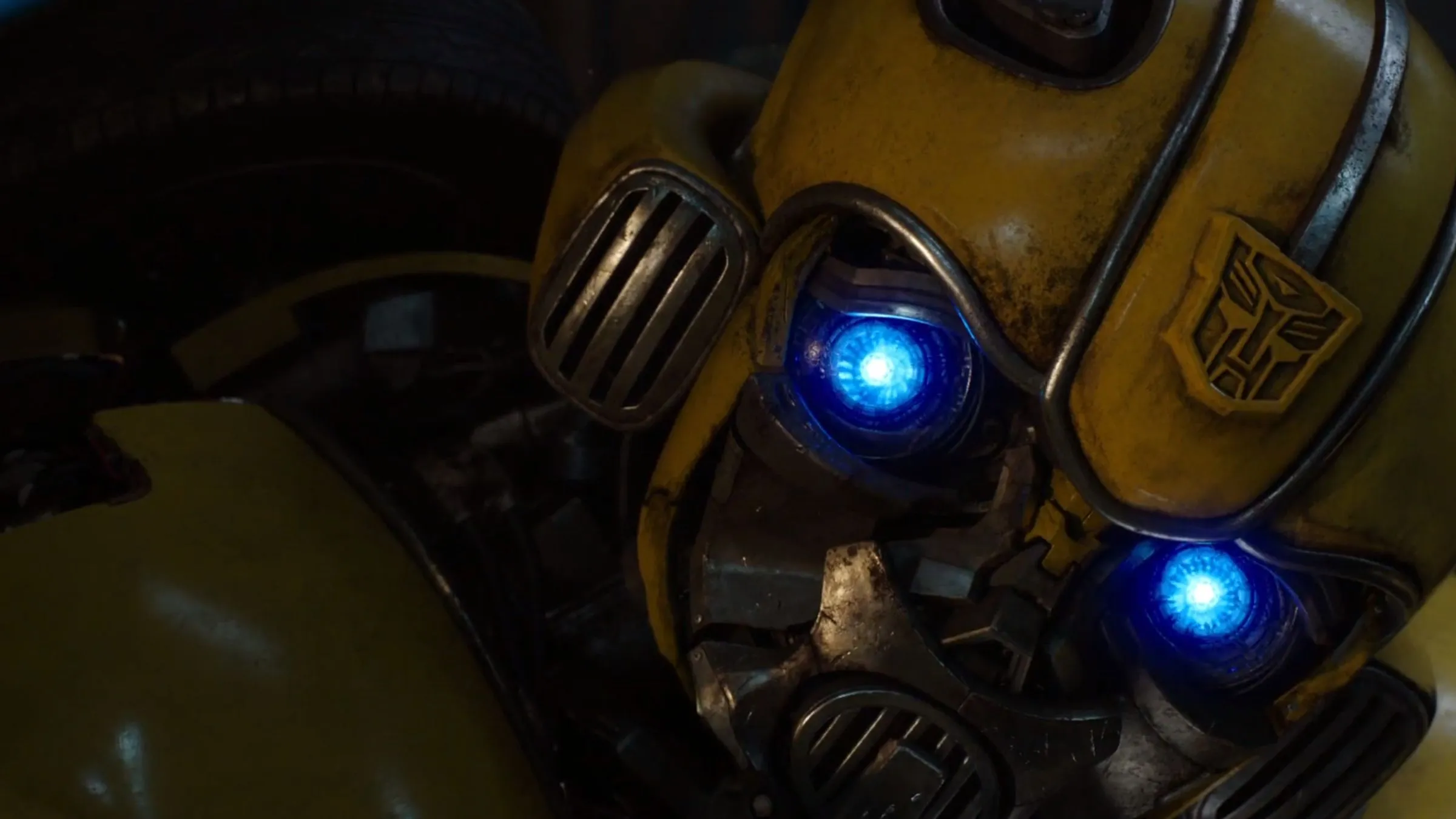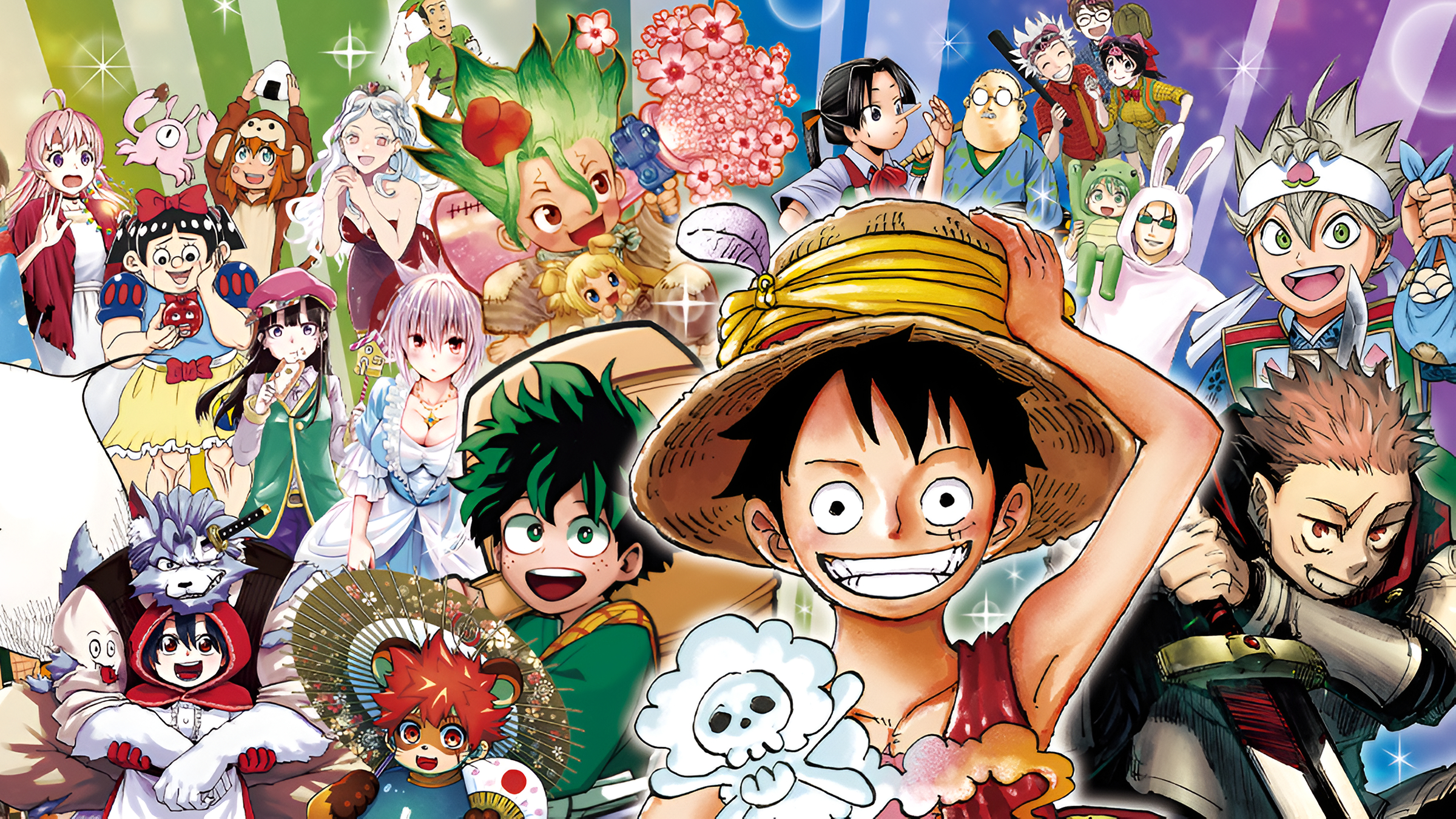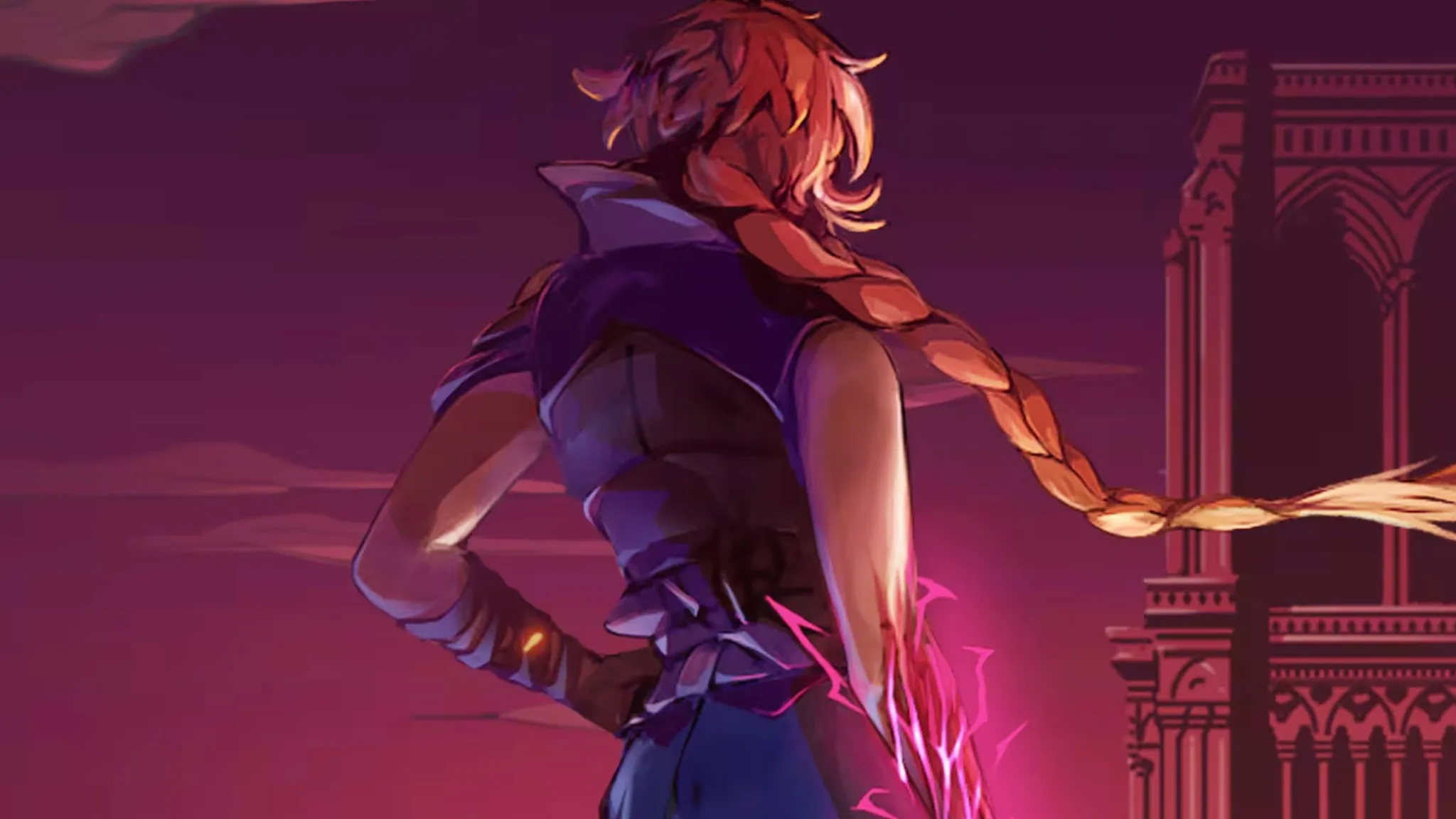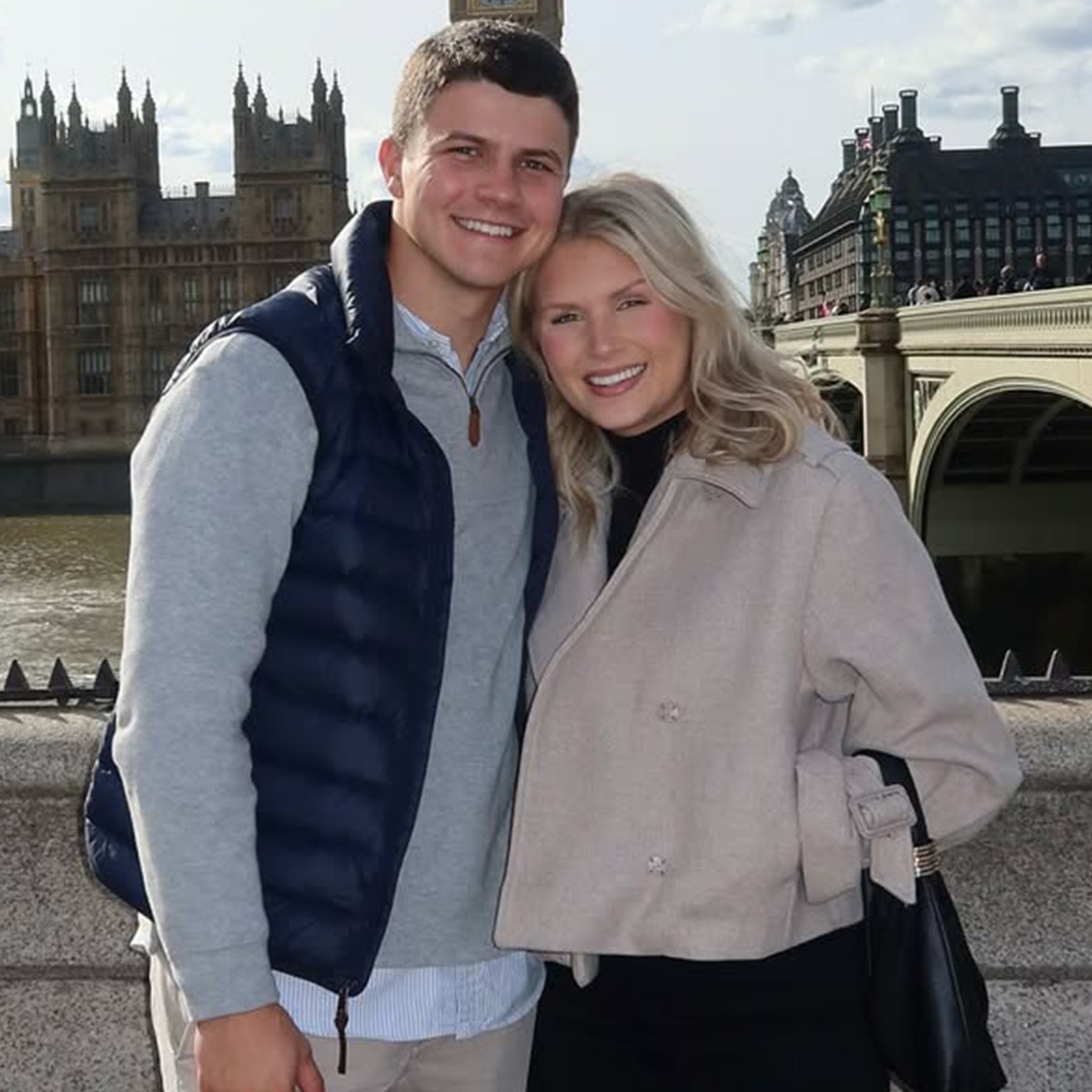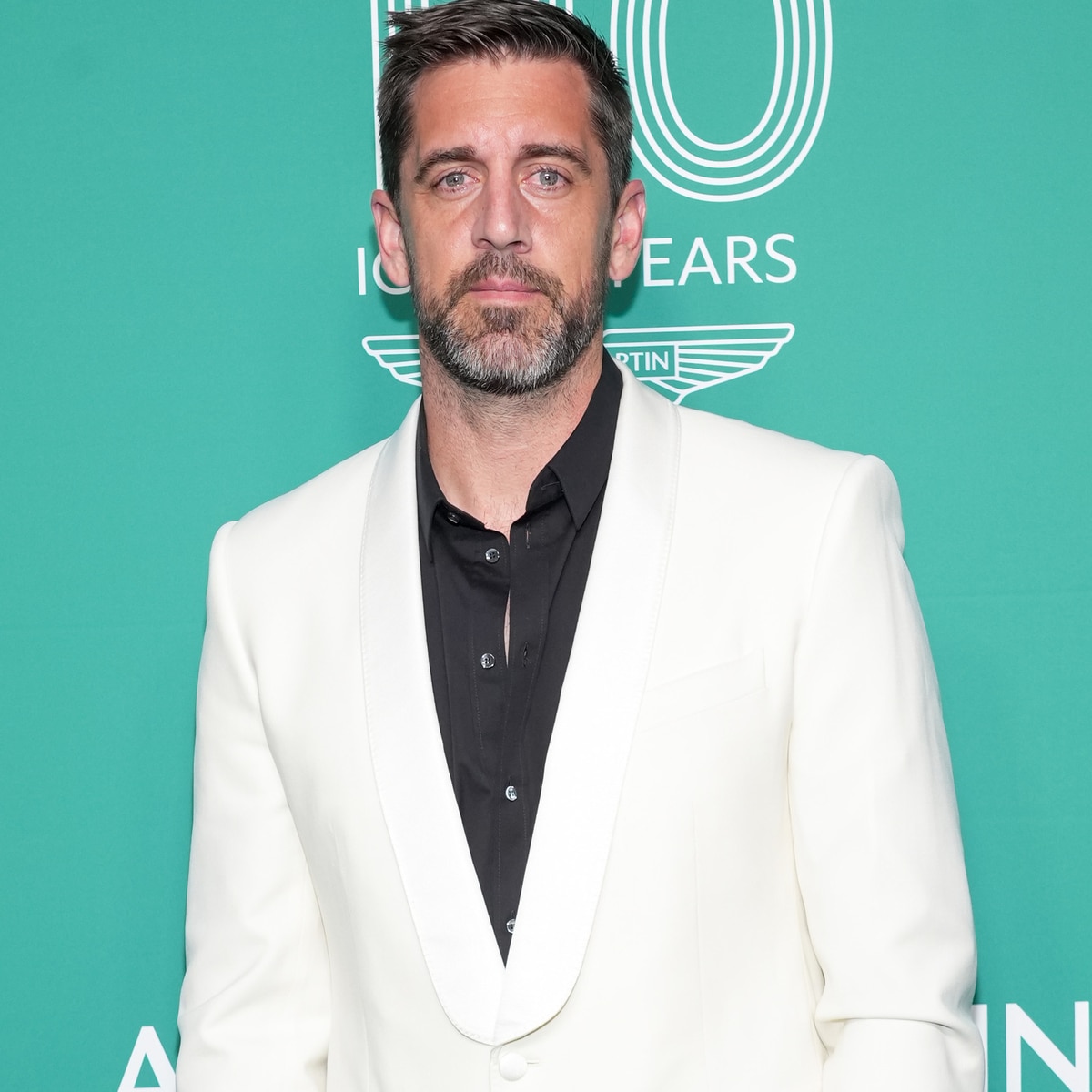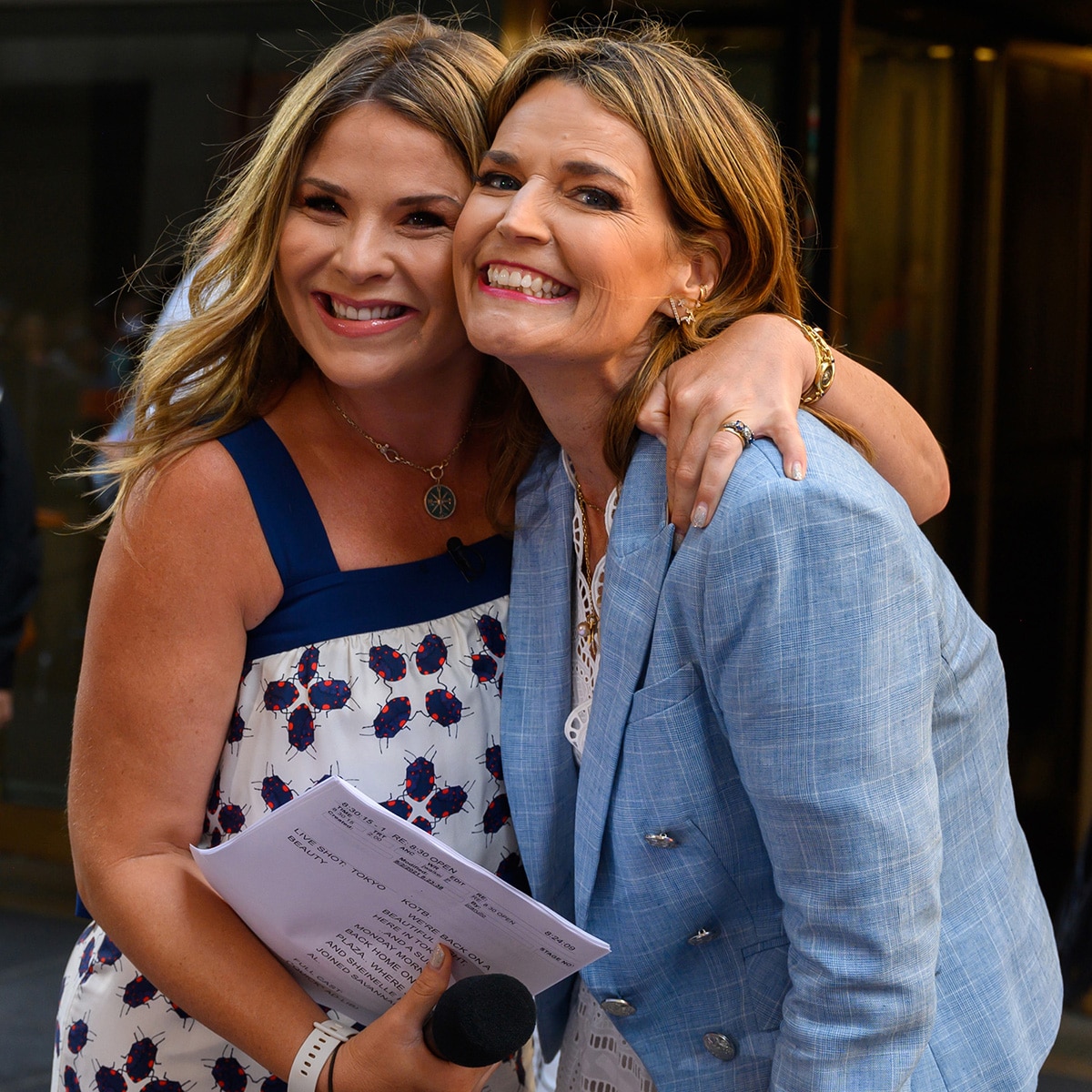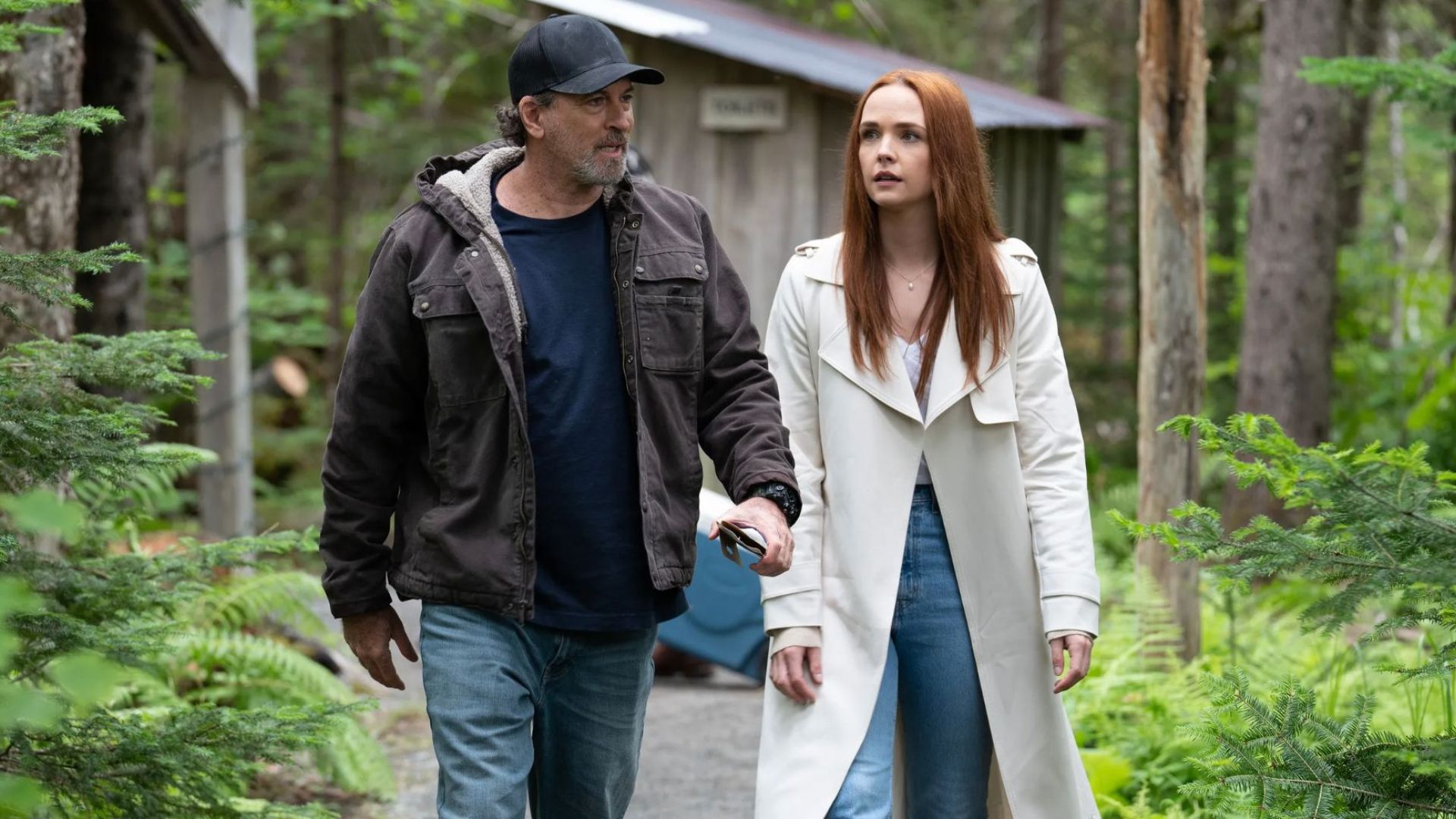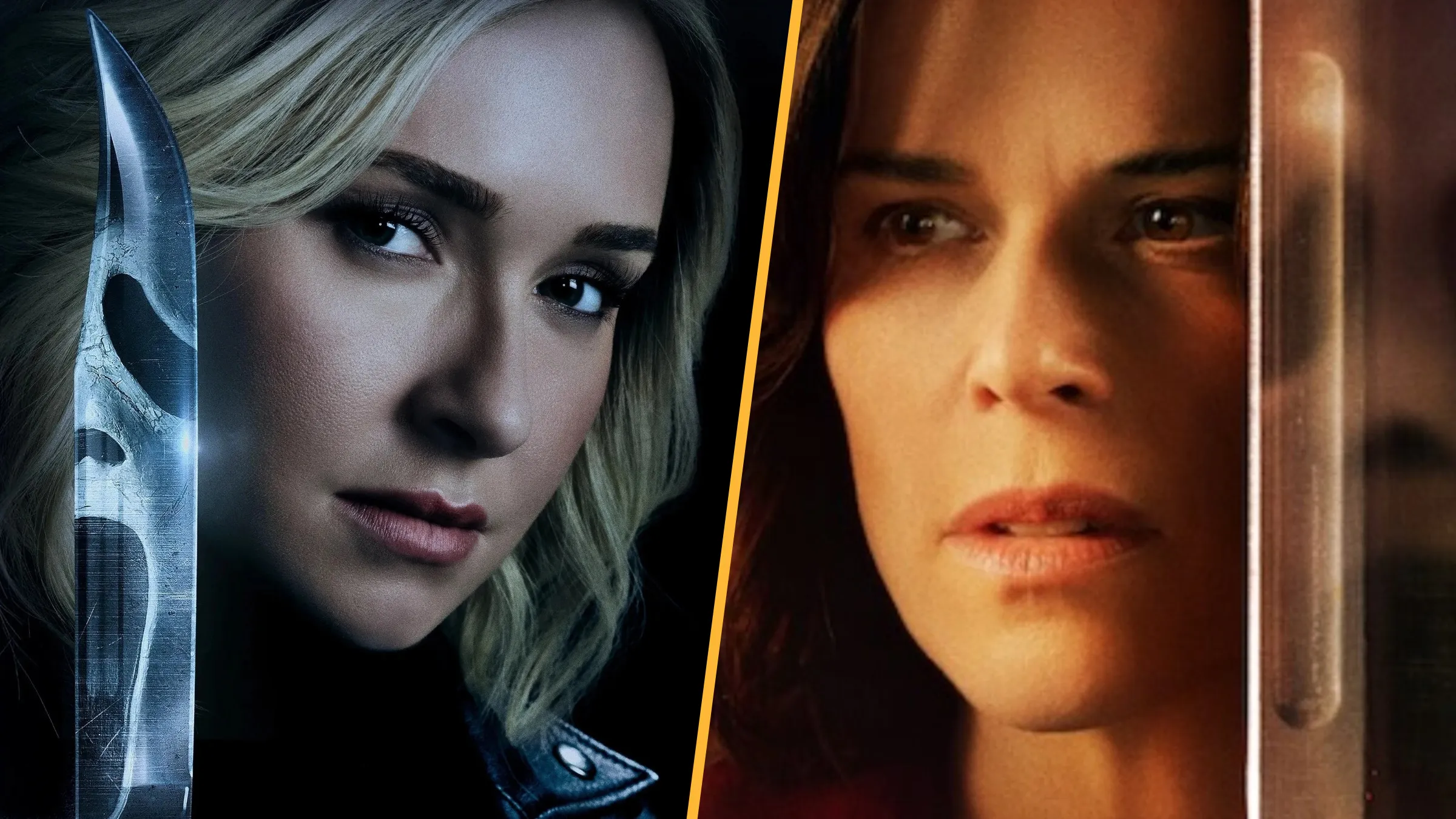LEGO Batman: Legacy of the Dark Knight Trailer Details Henchman Tactics, Types and Survival Skills
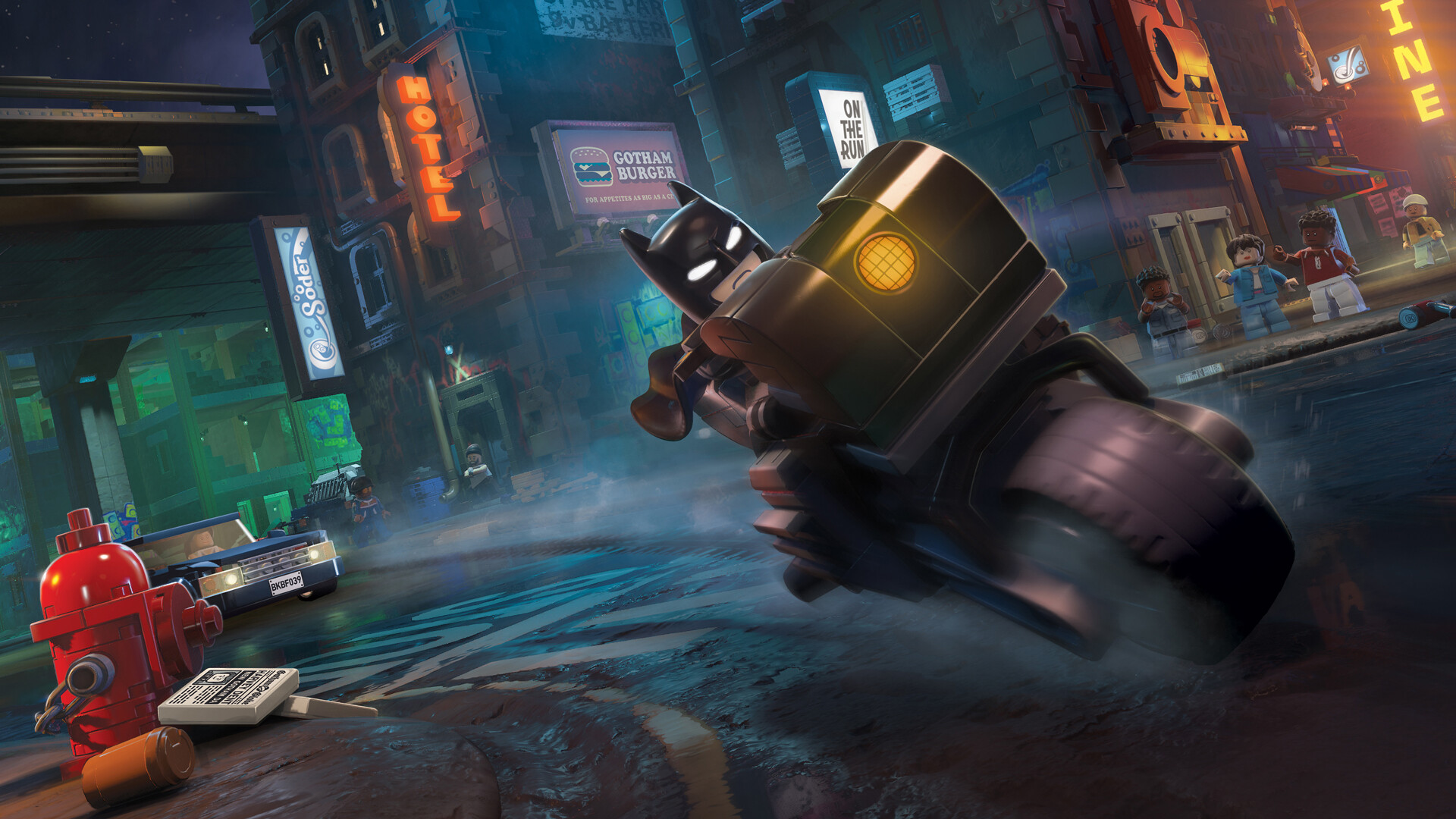
You’ll earn rewards and get to drive cool vehicles, but trouble starts when The Dark Knight shows up. As Batman – or one of six other playable characters – you’ll face enemies with both weapons and shields, as well as tough, resilient brutes. While Batman has superior gadgets, remember that even the best plans can fall apart when faced with reality.
